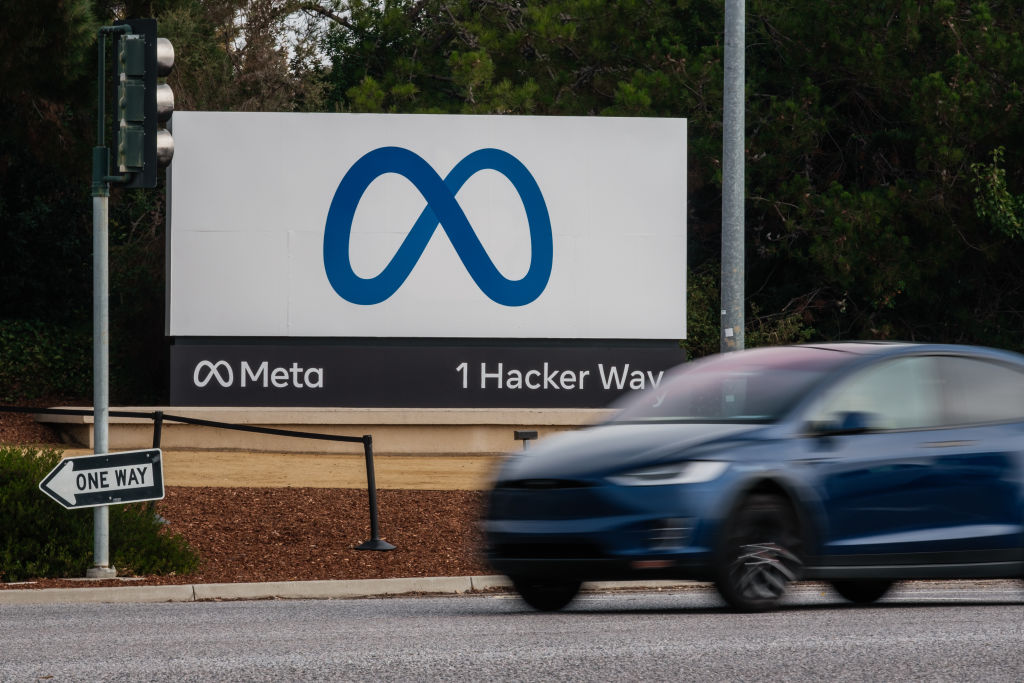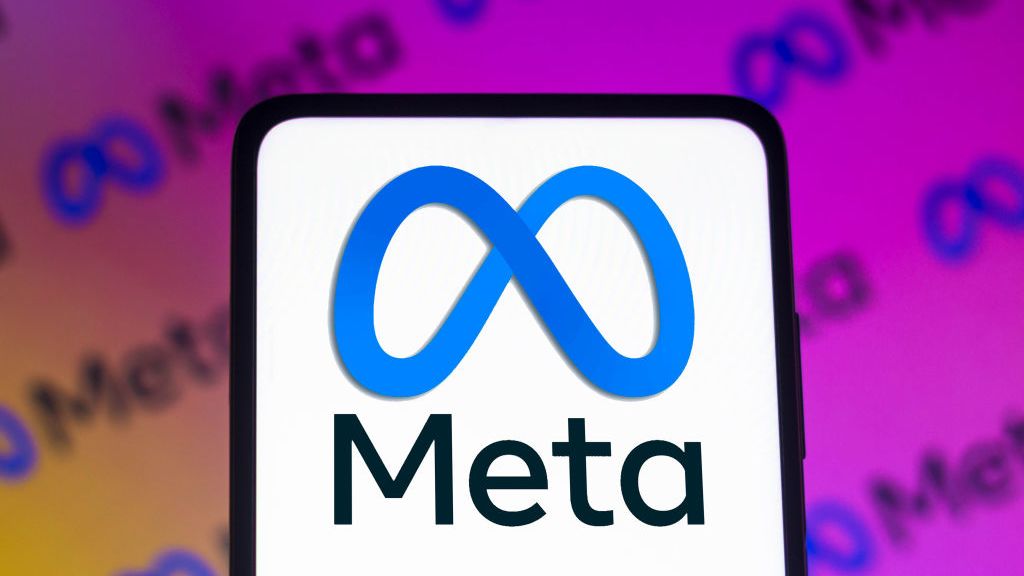UK gov must act now to regulate Facebook, says whistleblower
Frances Haugen told members of the Online Safety Bill committee that the social network "is closing the door on us being able to act”


Sign up today and you will receive a free copy of our Future Focus 2025 report - the leading guidance on AI, cybersecurity and other IT challenges as per 700+ senior executives
You are now subscribed
Your newsletter sign-up was successful
The UK government must act now to regulate Facebook, whistleblower Frances Haugen told MPs on Monday.
The data engineer and scientist, who worked for Facebook for two years prior to sounding the alarm about the tech giant’s practices, testified before the Online Safety Bill committee on Monday about the dangers created by the social media platform.
Haugen warned MPs that “Facebook is closing the door on us being able to act”.
“We have a slight window of time to regain people[‘s] control over AI,” she told members of the committee, who are working on new legislation that could see social media companies fined up to 10% of their annual turnover, or £18 million, for failing to quash online abuse.
Haugen said that work on the Online Safety Bill has been largely ignored by Facebook CEO Mark Zuckerberg, yet the legislation could have the potential to set a precedent for other countries.
"The UK has a tradition of leading policy in ways that are followed around the world,” she told Parliament, adding that she was "incredibly proud of the UK for taking such a world-leading stance".
Haugen told MPs that, due to shortages of moderators, Facebook had been unable to police harmful content in multiple languages around the world, leading to civil unrest in Ethiopia and Myanmar. However, the issue also impacts the UK, she added, due to Facebook’s AI’s inability to detect online abuse in British English.
Sign up today and you will receive a free copy of our Future Focus 2025 report - the leading guidance on AI, cybersecurity and other IT challenges as per 700+ senior executives
"UK English is sufficiently different that I would be unsurprised if the safety systems that they developed primarily for American English were actually under-enforcing in the UK,” she told the committee.
The hearing comes days after Facebook claimed that its AI managed to reduce the prevalence of hate speech by 50%.
Haugen also hit back at claims made by the Telegraph on her stance on end-to-end encryption (e2ee), saying that she had been ‘misrepresented’ by the publication.
She said that, contrary to the Telegraph’s report published on Sunday, she fully supports “e2e open source encryption software”, using it herself on a daily basis.
“I want to be very, very clear. I was mischaracterised in the Telegraph yesterday on my opinions around end-to-end encryption,” Haugen told MPs, adding that she is “a strong supporter of access to open source end-to-end encryption software”.
RELATED RESOURCE

The top three IT pains of the new reality and how to solve them
Driving more resiliency with unified operations and service management
“Part of why I am such an advocate for open source software, in this case, is that if you’re an activist, if you’re someone who has a sensitive need, a journalist, a whistleblower — my primary form of social software is an open source, end-to-end encryption chat platform,” she said.
However, Haugen said she was sceptical about the legitimacy of Facebook’s e2ee.
In August, Facebook added the option of e2ee for voice and video calls on its Messenger communications platform, defying warnings from the UK government about the technology’s risk to children’s safety. Weeks later, it also extended e2ee to WhatsApp backups.
Despite the negative attention and increased scrutiny from US and UK officials, Facebook managed to generate a profit of $9.2 billion (£6.67 billion) during the third quarter, according to financial earnings results published on Monday.
Having only graduated from City University in 2019, Sabina has already demonstrated her abilities as a keen writer and effective journalist. Currently a content writer for Drapers, Sabina spent a number of years writing for ITPro, specialising in networking and telecommunications, as well as charting the efforts of technology companies to improve their inclusion and diversity strategies, a topic close to her heart.
Sabina has also held a number of editorial roles at Harper's Bazaar, Cube Collective, and HighClouds.
-
 ITPro Best of Show NAB 2026 awards now open for entries
ITPro Best of Show NAB 2026 awards now open for entriesThe awards are a fantastic opportunity for companies to stand out at one of the industry's most attended shows
-
 Mistral CEO Arthur Mensch thinks 50% of SaaS solutions could be supplanted by AI
Mistral CEO Arthur Mensch thinks 50% of SaaS solutions could be supplanted by AINews Mensch’s comments come amidst rising concerns about the impact of AI on traditional software
-
 Latest Meta GDPR fine brings 12-month total to more than €1 billion
Latest Meta GDPR fine brings 12-month total to more than €1 billionNews Meta was issued with two hefty GDPR fines for “forcing” users to consent to data processing
-
 "Unacceptable" data scraping lands Meta a £228m data protection fine
"Unacceptable" data scraping lands Meta a £228m data protection fineNews The much-awaited decision follows the scraping of half a billion users' data and received unanimous approval from EU regulators
-
 Meta notifies around 1 million Facebook users of potential compromise through malicious apps
Meta notifies around 1 million Facebook users of potential compromise through malicious appsNews The vast majority of apps targeting iOS users appeared to be genuine apps for managing business functions such as advertising and analytics
-
 Facebook business accounts hijacked by infostealer malware campaign
Facebook business accounts hijacked by infostealer malware campaignNews Threat actors are using LinkedIn phishing to seize business, ad accounts for financial gain
-
 Meta begins encrypting Facebook URLs, nullifying tracking countermeasures
Meta begins encrypting Facebook URLs, nullifying tracking countermeasuresNews The move has made URL stripping impossible but will improve analytics
-
 Meta hit with €17 million fine over multiple GDPR breaches
Meta hit with €17 million fine over multiple GDPR breachesNews The social media giant set aside over €1 billion in November to help it cope with potential fines arising from data protection investigations
-
 Meta says Apple's iOS privacy changes will cost it $10 billion in 2022
Meta says Apple's iOS privacy changes will cost it $10 billion in 2022News The company's CFO suggests Google "faces a different set of restrictions" because it pays Apple to remain the default iOS search engine
-
 Google, Facebook fined €210 million for making it difficult for users to reject cookies
Google, Facebook fined €210 million for making it difficult for users to reject cookiesNews Data regulator CNIL gives companies three months to provide a system for refusing cookies that is as easy as single click consent
